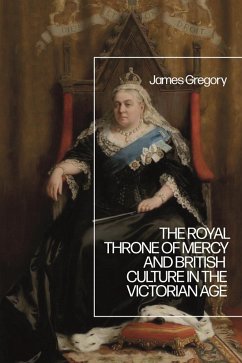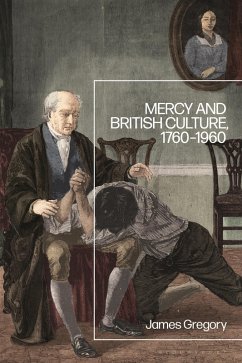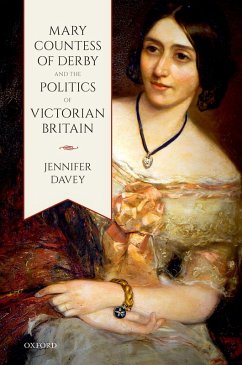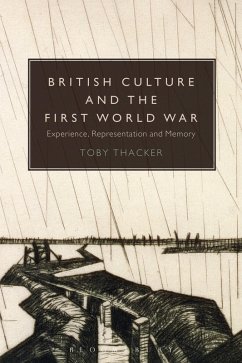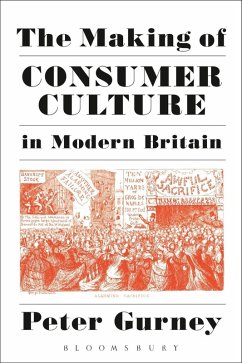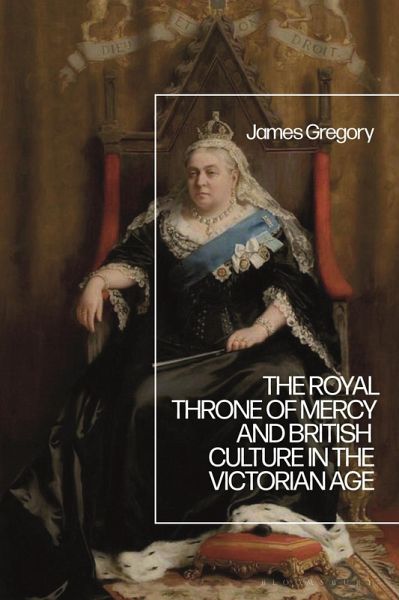
The Royal Throne of Mercy and British Culture in the Victorian Age (eBook, ePUB)

PAYBACK Punkte
13 °P sammeln!
In the first detailed study of its kind, James Gregory's book takes a historical approach to mercy by focusing on widespread and varied discussions about the quality, virtue or feeling of mercy in the British world during Victoria's reign. Gregory covers an impressive range of themes from the gendered discourses of 'emotional' appeal surrounding Queen Victoria to the exercise and withholding of royal mercy in the wake of colonial rebellion throughout the British empire. Against the backdrop of major events and their historical significance, a masterful synthesis of rich source material is anal...
In the first detailed study of its kind, James Gregory's book takes a historical approach to mercy by focusing on widespread and varied discussions about the quality, virtue or feeling of mercy in the British world during Victoria's reign. Gregory covers an impressive range of themes from the gendered discourses of 'emotional' appeal surrounding Queen Victoria to the exercise and withholding of royal mercy in the wake of colonial rebellion throughout the British empire. Against the backdrop of major events and their historical significance, a masterful synthesis of rich source material is analysed, including visual depictions (paintings and cartoons in periodicals and popular literature) and literary ones (in sermons, novels, plays and poetry). Gregory's sophisticated analysis of the multiple meanings, uses and operations of royal mercy duly emphasise its significance as a major theme in British cultural history during the 'long 19th century'. This will be essential reading for those interested in the history of mercy, the history of gender, British social and cultural history and the legacy of Queen Victoria's reign.




